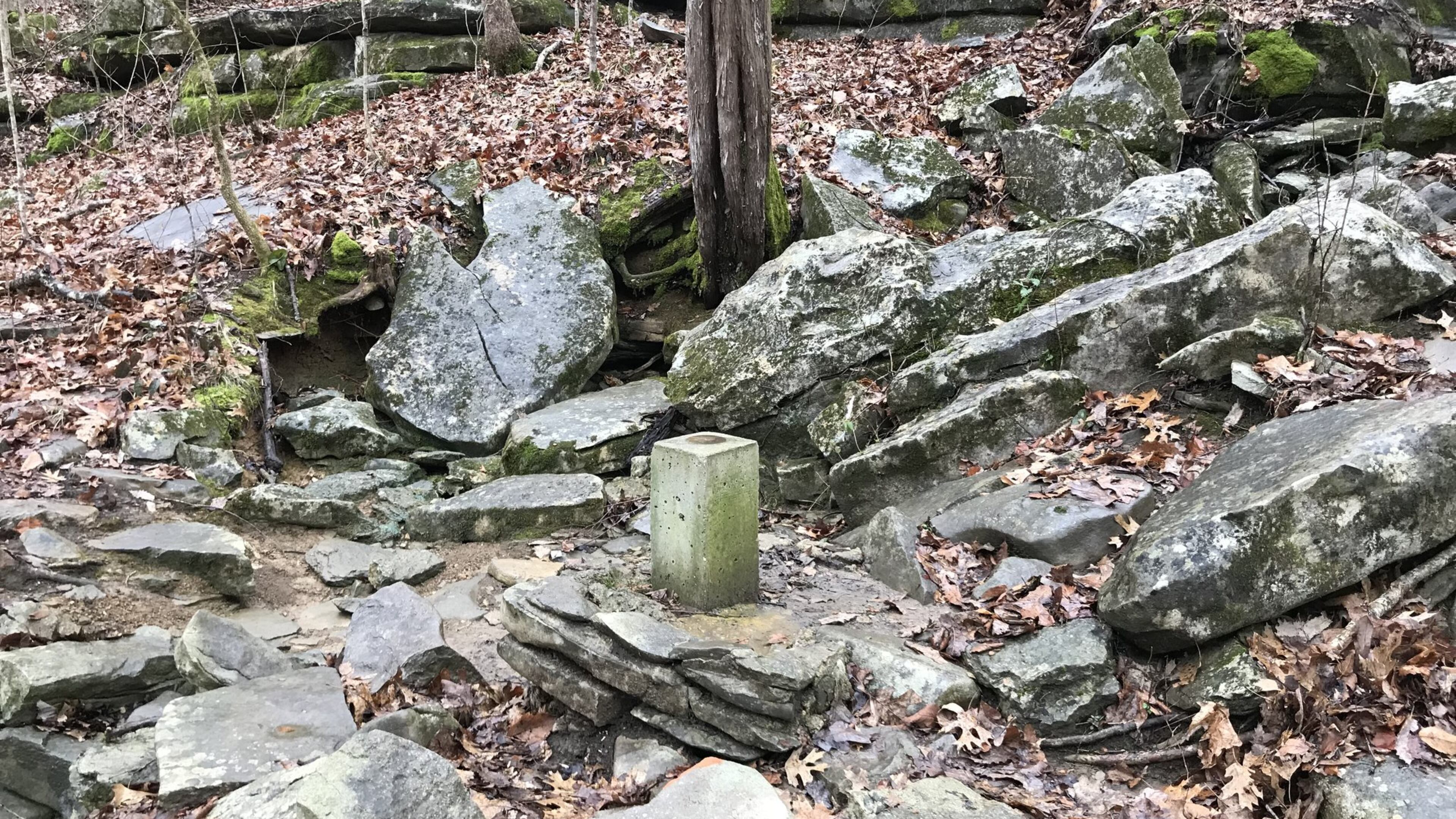Georgia sidesteps a new water wars front with Tennessee

Georgia won't be wading into a new water wars battle with its northern neighbors over a 201-year-old boundary any time soon.
Earlier this year, Georgia lawmakers overwhelmingly adopted a resolution to form a delegation to negotiate a “true boundary line” with Tennessee, something that supporters expected Gov. Brian Kemp to swiftly sign into law.
Georgia maintains that the border has been mapped incorrectly since 1818, when surveyors mistakenly set the line between the states about a mile south of where it should be.
The purpose of this year’s legislation wasn’t to actually shift Georgia’s northern state line. It was seen as a no-risk proposal by supporters who feel the state is entitled to dip a straw into the mighty Tennessee River.
>> Bill Tracker: See which bills Gov. Kemp has signed, vetoed
Gov. Nathan Deal had signed a similar bill into law, though he cautioned that the state wouldn’t wade into new litigation until it reaches an accord with Alabama and Florida over a separate long-running fight over water from Lake Lanier.
But when Kemp's list of vetoes emerged late Friday, it included House Resolution 51 for this reason: While Georgia may want to create a new commission to hash out the dispute, the governor wrote, North Carolina and Tennessee have shown no interest in doing so themselves.
Many surveyors and historians agree the line is technically flawed - as are other state boundaries around the nation. But such issues are usually left alone because borders have been in place so long that “correcting” them would be disruptive, to say the least.
Nonetheless, the idea of tapping the Tennessee has bubbled up occasionally among Georgia legislators since the height of the late 2000s drought, when they first called for a commission to revisit the boundary.
Not surprisingly, Tennessee and North Carolina have shown little interest in upending the status quo. Then-Tennessee Gov. Phil Bredesen once asked if an earlier proposal was a joke. An aide to Chattanooga’s mayor had 2,000 bottles of water delivered to Georgia’s statehouse, calling it “a cool wet kiss of friendship.”
Georgia supporters of the legislation insist they don’t want to annex the 51-mile stretch of misplaced land (and the 30,000 residents who live there). Instead, they’re aiming for a slice of the Nickajack Lake, opening the door to a costly new pipeline that could help quench Atlanta’s thirst.
The governor’s veto, however, made crystal clear that he isn’t interested in unilaterally opening a new front in the fight over water rights just yet.



